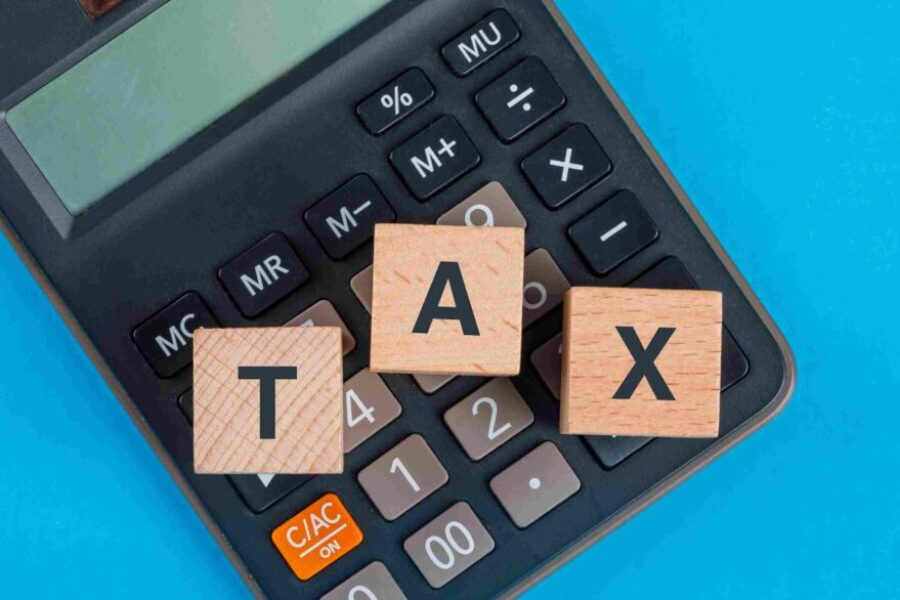Layered Taxes Hamper Downstream Products, Government Moves Quickly
JAKARTA – Deputy Minister of Investment and Downstreaming/Investment Coordinating Board (BKPM), Todotua Pasaribu, highlighted the weak competitiveness of Indonesian downstream products in the global market due to the layered taxes imposed at each stage of production.
One example he cited while attending the Indonesia Green Mineral Investment Forum 2025 in Jakarta on Thursday (2/10/2025) was tin solder.
Ironically, even though the tin raw material comes from Indonesian mines and is processed in local smelters, the price of domestic solder is actually more expensive than imported products from Malaysia.
“Every layer is taxed. When calculated, it turns out that the price of Indonesian solder is higher than Malaysian products. Even though Malaysia imports its raw materials from us. This is ridiculous,” said the Deputy Minister, as reported by ikpi.or.id on Friday (October 3, 2025).
This situation makes Malaysian solder products more competitive in the market, while Indonesia is left behind. Therefore, Todotua emphasized the need to improve fiscal strategies so that downstreaming is not just a slogan, but truly adds value to the national economy.
As a concrete step, the Investment Coordinating Board (BKPM) is discussing fiscal incentives with the Ministry of Finance. The incentives being prepared include tax holidays, tax allowances, and super tax deductions for companies that build research and development (R&D) centers.
“The Ministry of Investment has prepared the concept. We want to ensure that industries in Indonesia are competitive and not inferior to neighboring countries,” said Todotua.
In addition to the tax burden, he also mentioned the bureaucracy that often slows down investment. Currently, the investment cycle in Indonesia can take 4-5 years, with two years of that time spent just on obtaining permits.
Compare this with Vietnam, which only needs about two years. “Vietnam is more agile; when they want to build, they just build. This is a big challenge for us,” he emphasized.
To cut these obstacles, the Ministry of Investment is pushing for the implementation of a positive fictitious scheme. Permits that meet the requirements will be automatically approved if the technical ministry does not make a decision within a certain time limit.
“For example, hotel permits can be built immediately within 28 days. The basic requirements still exist, but they are made post-payment,” he explained.
Todotua emphasized that downstreaming should be Indonesia’s main strength. However, without fiscal and bureaucratic reforms, domestic products will continue to lose out in competition, even in the domestic market itself.
“We have natural resources, we have smelters, and we even have a market. All that’s left is to improve our fiscal strategy and regulations so that our industry can take off,” he concluded.

